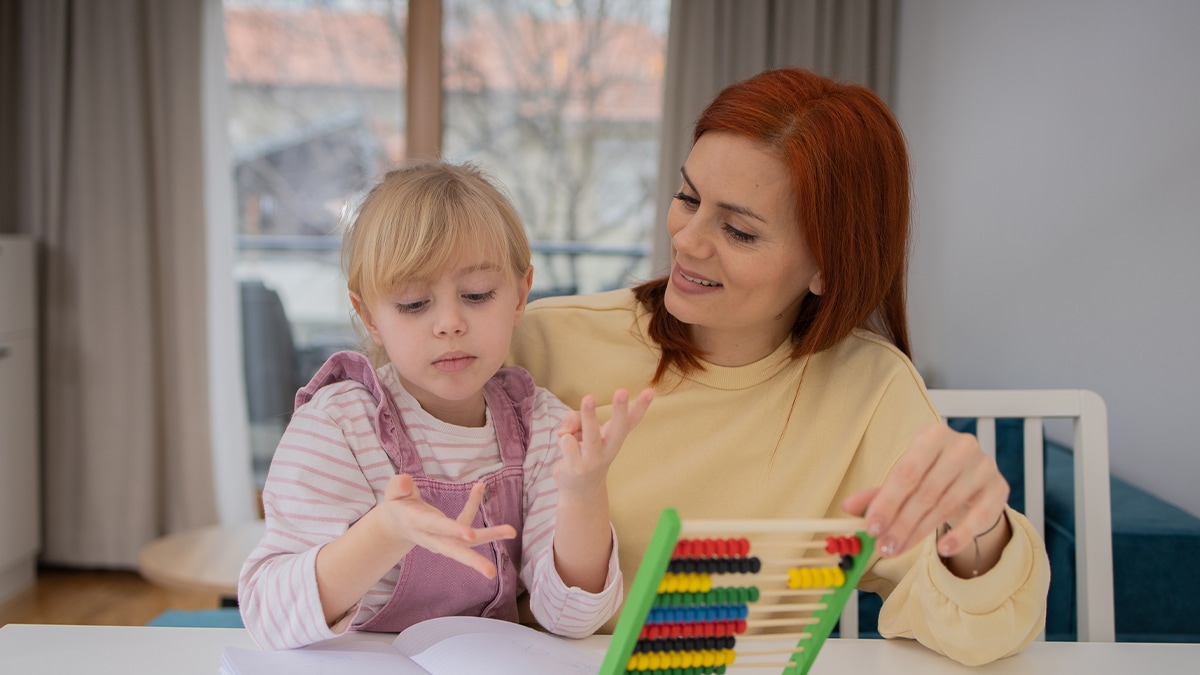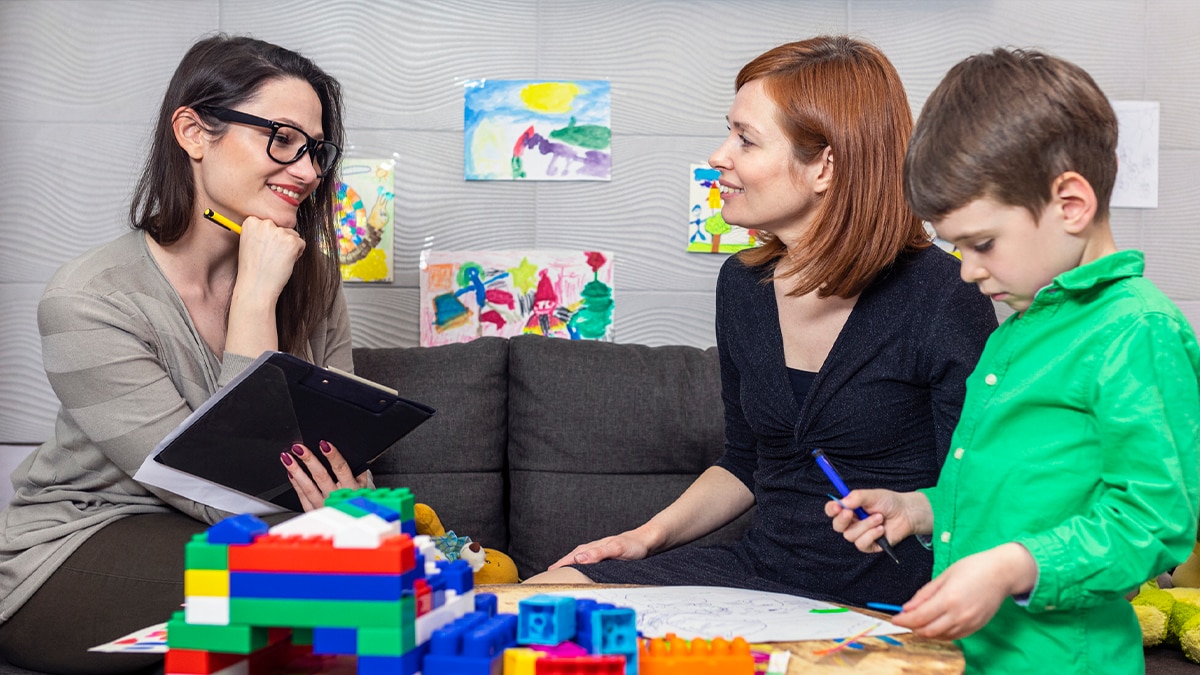Key points
- Behavior therapy is an effective treatment for attention-deficit/hyperactivity disorder (ADHD) that can improve a child’s behavior, self-control, and self-esteem.
- Behavior therapy is most effective in young children when it is delivered by parents.
- Experts recommend that healthcare providers refer parents of children younger than 12 years old for training in behavior therapy.
- For children younger than 6 years old, parent training in behavior management should be tried before prescribing ADHD medication.
- When parents become trained in behavior therapy, they learn skills and strategies to help their child with ADHD succeed at school, at home, and in relationships.

What should parents look for in a therapist?
Did you know?
If possible, families should look for a therapist who focuses on training parents. Some therapists will have training or certification in a parent training program that has been proven to work in young children with ADHD.
Therapists may also use strategies like those in proven programs. The following list of questions can be used to find a therapist who uses a proven approach.
Does this therapist
- Teach parents skills and strategies that use positive reinforcement, structure, and consistent discipline to manage their child's behavior?
- Teach parents positive ways to interact and communicate with their child?
- Assign activities for parents to practice with their child?
- Meet regularly with the family to monitor progress and provide coaching and support?
- Re-evaluate treatment plans and remain flexible enough to adjust strategies as needed?
Finding the right therapy for your child
What can parents expect in behavior therapy?

Parents typically attend eight or more sessions with a therapist. Sessions may involve working with groups of parents or with one family alone. The therapist meets regularly with the parents to review their progress, provide support, and adjust strategies, as needed, to ensure improvement. Parents typically practice with their child between sessions.

Parents have the greatest influence on their young child's behavior. Only therapy that focuses on training parents is recommended for young children with ADHD because young children are not mature enough to change their own behavior without their parents' help. Some therapists may use play therapy or talk therapy to treat young children with ADHD. Play therapy provides a way for children to communicate their experiences and feelings through play. Talk therapy uses verbal communication between the child and a therapist to treat mental and emotional disorders. Neither of these has been proven to improve symptoms in young children with ADHD.
Helping children cope with stress and worries.

Tools for Supporting Emotional Wellbeing in Children and Youth
Learning and practicing behavior therapy requires time and effort, but it has lasting benefits for the child. Ask your healthcare provider about the benefits of parent training in behavior therapy for young children with ADHD.
What can healthcare providers do?
Healthcare providers can
- Follow the clinical practice guideline for diagnosis and treatment of ADHD in young children.
- Discuss with parents the benefits of behavior therapy and why they should consider getting training.
- Identify parent-training providers in their area and refer parents of young children with ADHD for training in behavior therapy before prescribing medicine.
Resources
More Information
For Parents and Providers
- Finding a therapist: A guide for parents
- Behavior therapy for young children with ADHD: Overview for parents
- Behavior therapy for children with ADHD: Overview for parents
- Behavior therapy for young children with ADHD: What healthcare providers can do
- Treatment of ADHD | CDC
